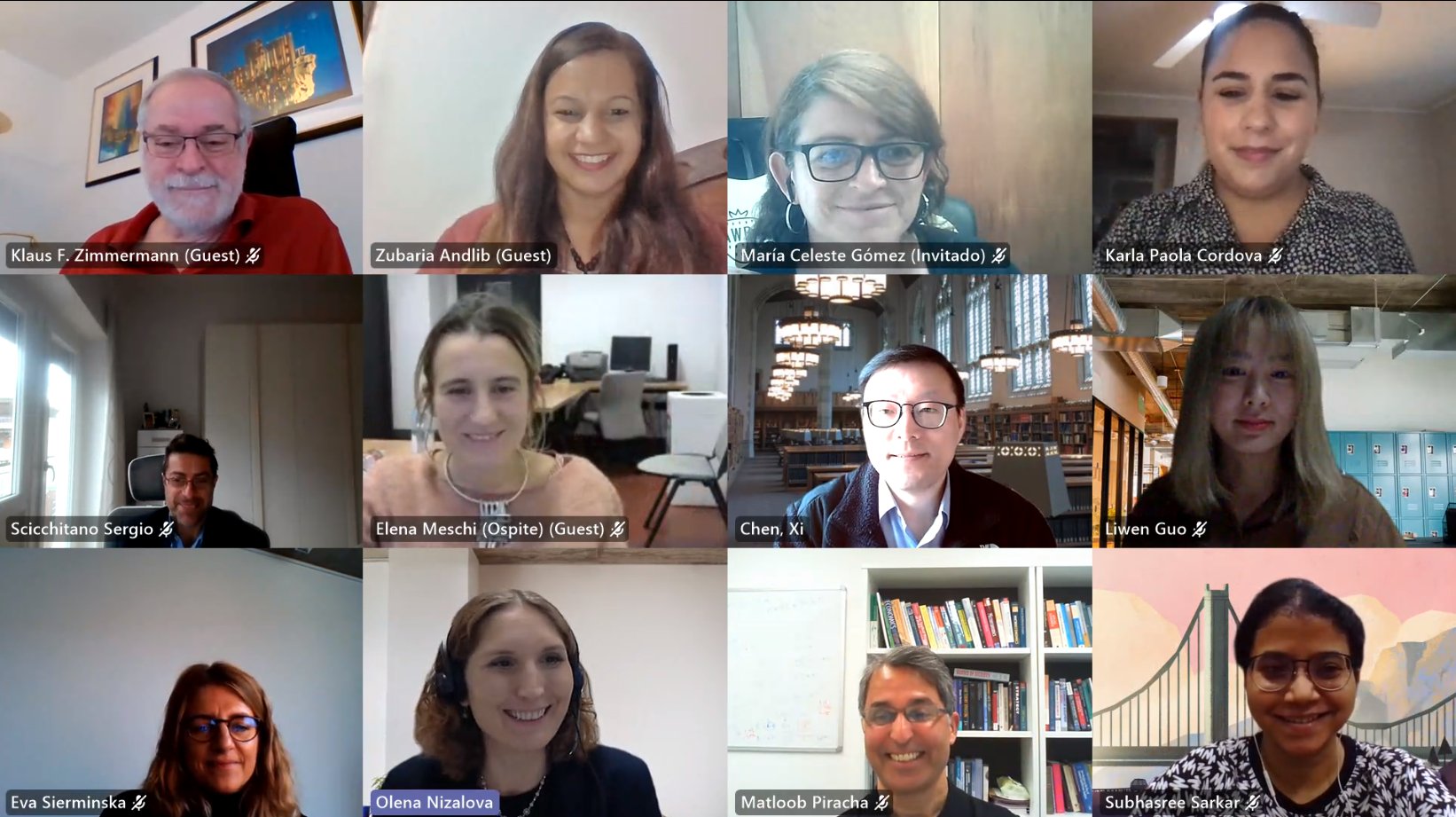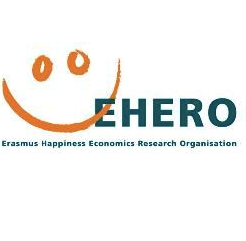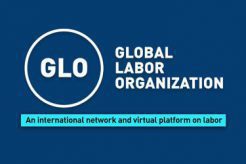A new GLO Discussion Paper finds small but statistically significant detrimental effects on labor market outcomes of Vietnam veterans residing in unauthorized Chinese enclaves in 1990.

GLO Discussion Paper No. 974, 2021
Trade Networks, Heroin Markets, and the Labor Market Outcomes of Vietnam Veterans – Download PDF
by Lonsky, Jakub & Ruiz, Isabel & Vargas-Silva, Carlos
GLO Fellows Jakub Lonsky, Isabel Ruiz & Carlos Vargas-Silva
Author Abstract: The role of ethnic immigrant networks in facilitating international trade is a well-established phenomenon in the literature. However, it is less clear whether this relationship extends to illegal trade and unauthorized immigrants. In this paper, we tackle this question by focusing on the case of the heroin trade and unauthorized Chinese immigrants in the early 1990s United States. Between mid-1980s and mid-1990s, Southeast Asia became the dominant source of heroin in the US. Heroin from this region was trafficked into the US by Chinese organized criminals, whose presence across the country can be approximated by the location of unauthorized Chinese immigrants. Instrumenting for the unauthorized Chinese immigrant enclaves in 1990 with their 1900 counterpart, we first show that Chinese presence in a community led to a sizeable increase in local opiates-related arrests, a proxy for local heroin markets. This effect is driven by arrests for sale/manufacturing of the drugs. Next, we examine the consequences of Chinese-trafficked heroin by looking at its impact on US Vietnam-era veterans – a group particularly vulnerable to heroin addiction in the early 1990s. Using a triple-difference estimation, we find mostly small but statistically significant detrimental effects on labor market outcomes of Vietnam veterans residing in unauthorized Chinese enclaves in 1990.
Featured image: Tim Cooper on Unsplash


GLO Discussion Papers are research and policy papers of the GLO Network which are widely circulated to encourage discussion. Provided in cooperation with EconStor, a service of the ZBW – Leibniz Information Centre for Economics, GLO Discussion Papers are among others listed in RePEc (see IDEAS, EconPapers). Complete list of all GLO DPs – downloadable for free.
The Global Labor Organization (GLO) is an independent, non-partisan and non-governmental organization that functions as an international network and virtual platform to stimulate global research, debate and collaboration.
Ends;













